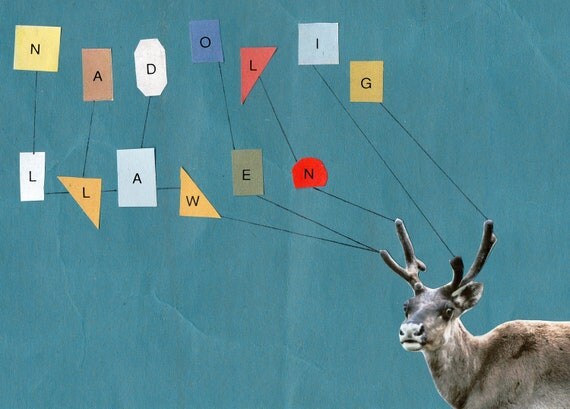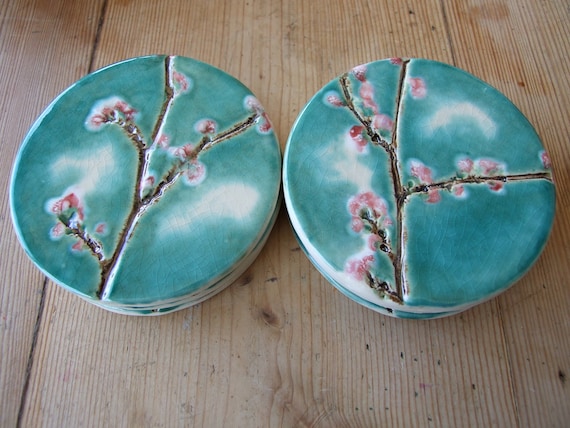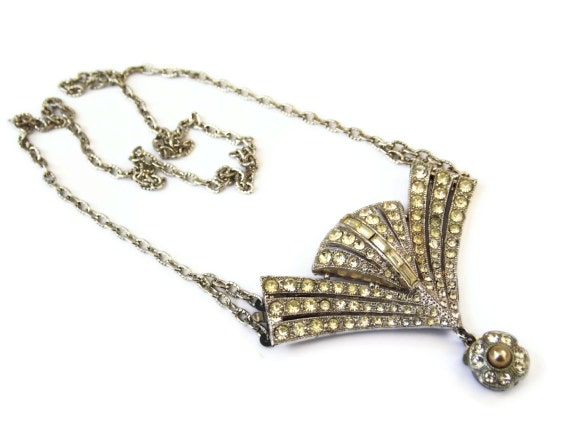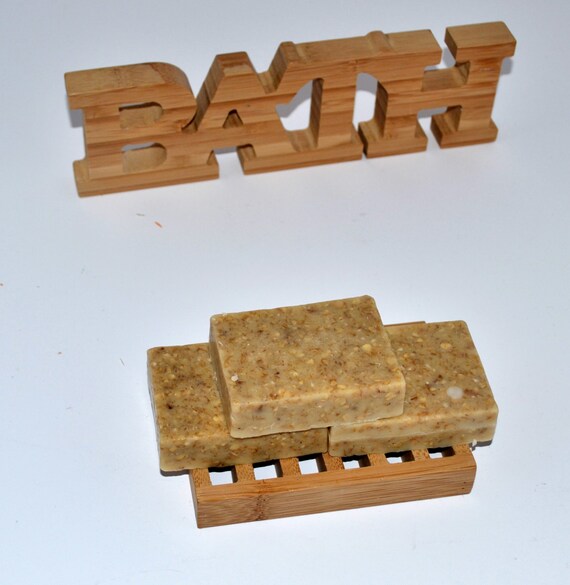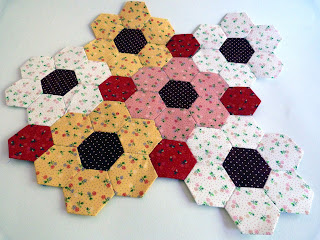
Two weeks ago I took part in an event that had the best atmosphere of any market/fair/thing I've been to. There were brilliant makers and designers, vintage clothes, books, music, food, drink, pizzas, dj's. It was in a cool venue in an amazing part of town, it was brilliantly curated and advertised, the weather was glorious and I think the organisers achieved exactly what they set out to when they created the event.
My takings for that day came to a grand total of.....£3.50.
The obvious response in a situation like this is to go home and drown your sorrows in a bottle of red wine that you can't afford because you made no money. The more sensible response is to figure out exactly, or approximately, why you didn't make any money, and what, in the two years between these events, went wrong?
 |
| Stalls in The City, Liverpool. |
After going through all of my sales, item by item, for the past 12 months at fairs, on Etsy and in shops, it became very clear that turning up to a fair with none of my bestselling products may have had something to do with it. This isn't even a rookie error, this is just dumb, it's like (taking examples from previous jobs of mine) Thorntons stocking up for Easter with no eggs, or WH Smith getting their Christmas stock in without "Generic Boy Band Annual 2013". In my defence I've been skint, and I couldn't afford to buy more supplies in so I just had to make do with what I had, and that clearly wasn't enough.
At no point did it occur to me to blame anyone else. In every market I've been a part of the organisers have worked incredibly hard, promoting the event in the press, flyering outside the venue to get people in, tweeting and Facebooking like crazy in the weeks running up it, telling all their friends, blackmailing their family into helping out, being available all the time to deal with problems, help you with your loading in and out, providing hot drinks (sometimes cake) and just generally going out of their way to make the day a success for everyone involved, the exhibitors and the customers. The people organising these events love design and craft and art as much as we all do, if not more. They're providing us with a chance to get our work out to the wider
public and showcase what we do, and it's not unreasonable that they are
fairly rewarded and acknowledged for the work they put into it (we have
early starts but they start even earlier and finish even later*). The feel of each event is unique, in all kinds of venues, targeting all kinds of people. Some are mixes of art and food and music, some are more like street markets, some offer workshops but in essence they are quite simply a room full of people with something to sell waiting for someone to buy it. And it works, we can add all the bells and whistles we like but it won't change the transaction at the heart of it. The quality of the work is what takes the event from just another market to something really special, carefully selected and beautifully presented. The Proms success endures because it is meticulously chosen music played by exceptional musicians in a beautiful space to a hundreds of people who love it, you might think it would be more exciting if they included a foam party but you'd be missing the point, and it's the same with fairs, product is key.
* really wanted to include the bit from the end of Waynes World 2 here, where the Weird Naked Indian Guy has to clean up after the concert, but I couldn't find a clip. :(
The other aspect of an arts event that can make or break it are customers, or in some cases spectators. Not everyone comes to a craft fair with the intention of buying, and in the 'current financial climate' I don't see that changing. We have to be honest with ourselves that, for the most part, we're not selling the essentials. If it's a choice between filling up your car and buying a handmade embroidered clutch bag there's not many people who would take the second option. Where we can hold our ground is special occasions, because as a nation we LOVE sending cards, for anything and everything, and missing a birthday or Christmas present is unthinkable. Our generosity with others will often persist even when times are hard, speaking for myself I will spend money on gifts for friends and family that I wouldn't dream of spending on myself.
Money, or rather value for money is key, and very subjective. It's obvious to me now that my incredible take on that first ever fair I did was down in large part to my having very low prices. It's been a slow and scary process getting my products to a price I am comfortable with and that is not ripping off either myself or the customer. It's the trickiest aspect of being a designer-maker, and pages and pages of blogs and advice sites are taken up with foolproof pricing guides and equations. As it stands my prices ensure I am covered for materials, labour at a reasonable rate per hour (above min. wage but nowhere near the level it should be for skilled work), and overheads, as well as commission for the retail outlets I sell through. So I don't lose out in shops, and I make a bit extra when I sell online. At fairs that little extra goes to cover the stall fees and transport. This is the minimum I would expect, no one should have to sell their work for less than it is worth. The problem arises when you are faced with a public who do not understand all of this. Again, I am not blaming anyone else, but we still live in a culture where the vast majority of the things we buy are mass produced abroad by people working for ridiculously low wages in unsafe conditions, and where the act of making is being phased out of education so the average person has no experience of what it takes to create something themselves, by hand.
 |
| The Summer Arts Market at St George's Hall. |
Perhaps I should explain to them? Perhaps I should present them with a breakdown of all my costs and how long it took to make and how much I purchased the fabric for, but that's absurd. The best thing I can do in that situation is stick by my pricing, have faith in the quality and uniqueness of my work and hope that someone out there appreciates that and buys it, and that by having bought handmade and loved handmade they might tell someone else, or give something as a gift, and spread that appreciation, so that when they next go to a fair they will understand what they are looking at and what it is really worth. The worst thing I could do is reduce my prices to get a quick sale out of someone who neither understands nor cares about the value of the work because they just want to feel like they've got deal. A craft market is not a jumble sale and handmade is not a bargain. Handmade is an investment; in the product and in the person making it and the community they are a part of and the local economy.
 |
| Capstans Grand Bazaar at Haus. |
A craft market is, on the other hand, an important social event. Since losing my job in the cafe last year I have spent an increasing amount of time working on my own in the flat. When you have cats (stupid ones at that) for colleagues there's a tendency toward mild insanity if left unchecked. When I get out to a fair it's wonderful to see all the familiar faces, and meet lots of new ones. With a different person next to you each time there's always an interesting conversation to be had, and in a room full of creative people you can be sure of wise words and constructive criticism. As a community we're all dealing with the same pressures of job/day job, life/work, creating art/paying the rent, and just getting out of your house or studio for a day and talking to other people about it makes you feel less like your feline office mates are conspiring against you. This is not new, in the country cattle markets are a huge social occasion, and in the heydays of Victorian industry the Exchange Halls were awash with gossip. As the alternatives in Liverpool seem to be networking geared toward 'creatives' of a more digital less physical/material bent I value the chatter of the markets immensely and as I am in possession of basic manners I know when to stop talking and acknowledge customers so everybody wins!
 |
| A record fair at the Corn Exchange, Leeds. |
As a 'route to market' it is not always the most reliable, you're up against the weather, the economy and rival events, but for no one I've met has it been the only route. Craft fairs work as part of a wider scheme, that includes online shops, bricks and mortar retailers and word of mouth. As an opportunity for customer feedback, product trialling, creative networking, having an excuse to buy yourself a fancy lunch, marketing and research they are unrivalled.
That's why I love craft fairs.














